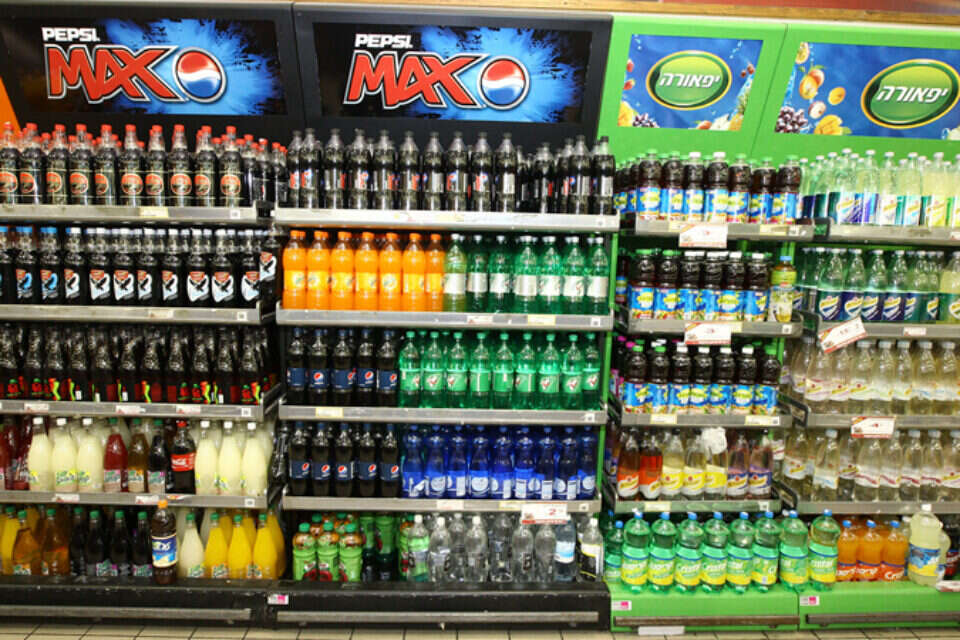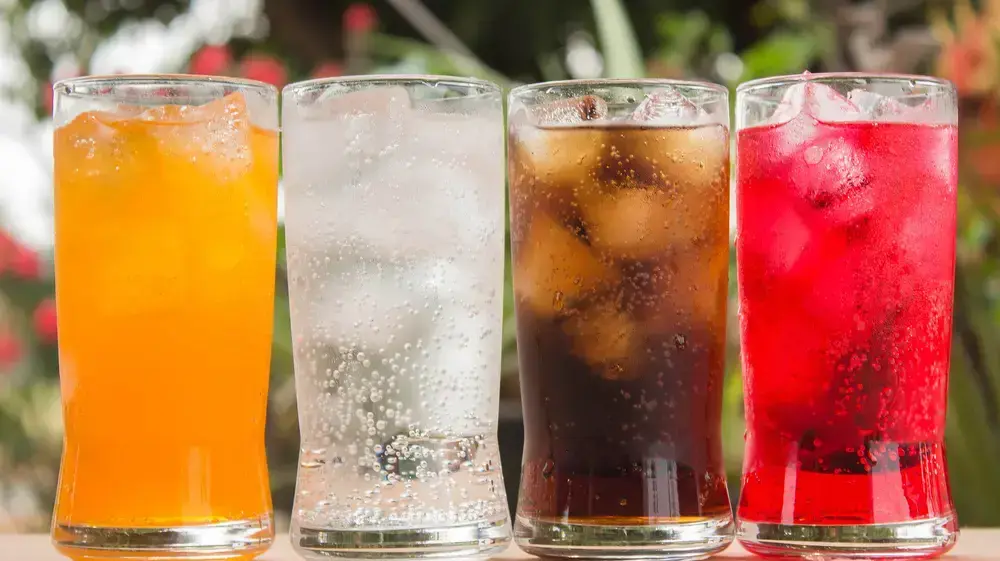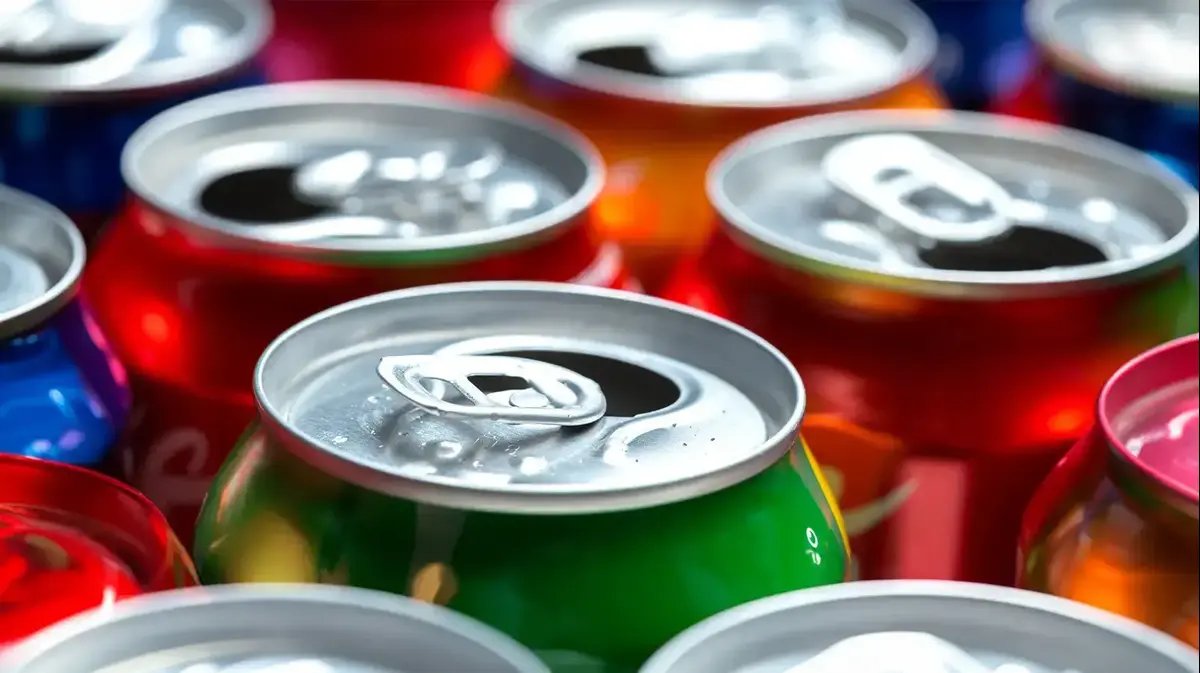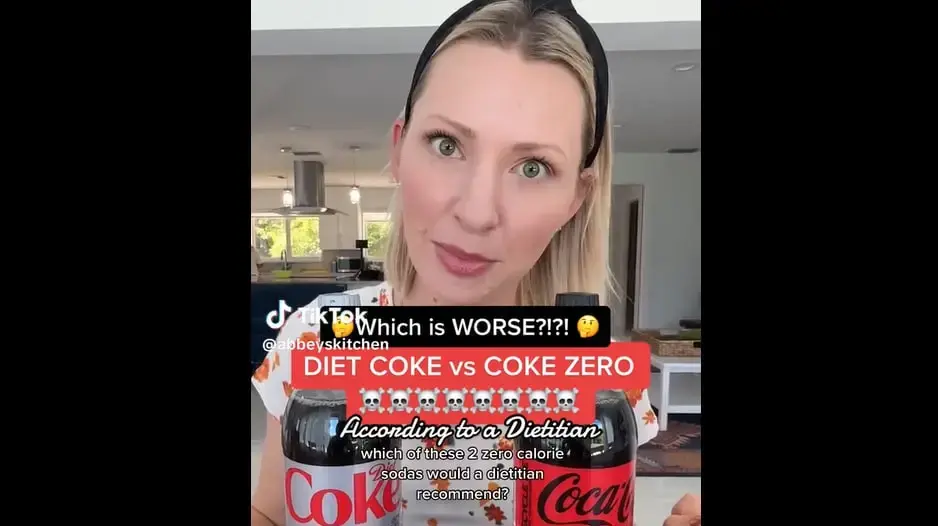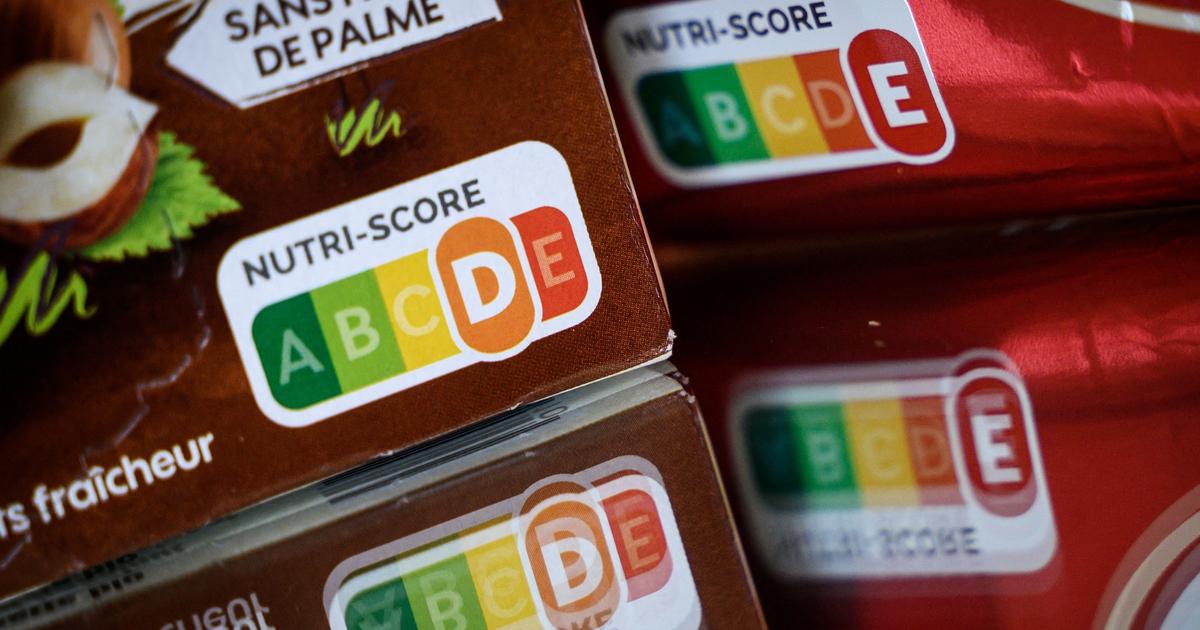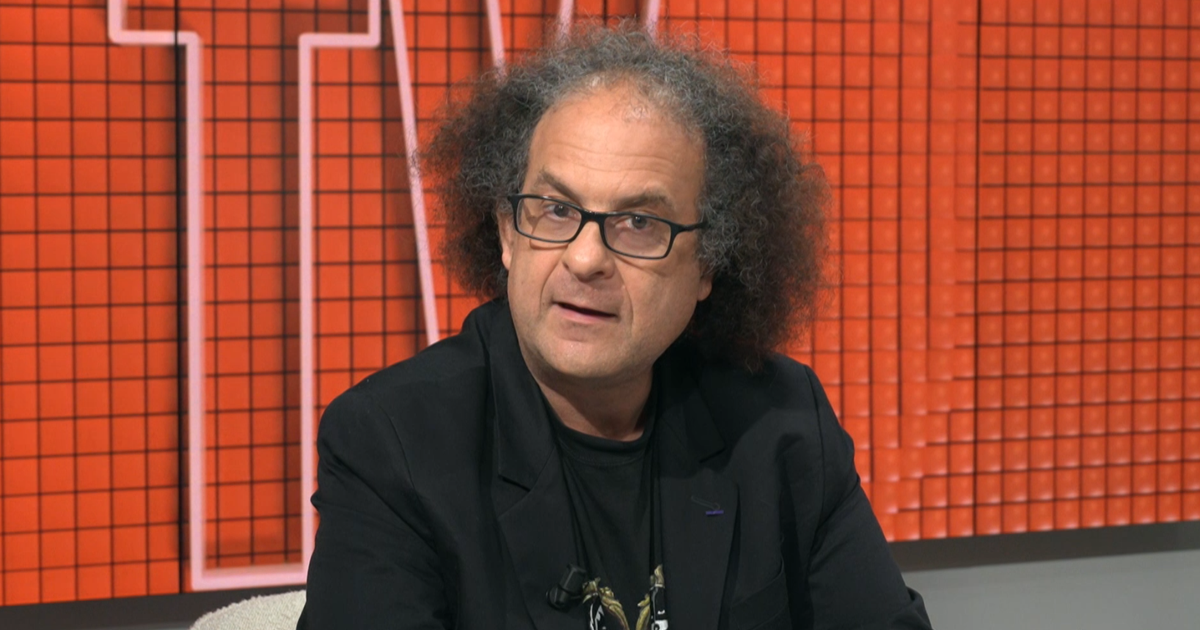Tomorrow, the Knesset Finance Committee will discuss an order signed by Finance Minister Avigdor Lieberman for a sweeping price increase for beverages with added sugar and sweeteners in substitutes - that is, an increase in the price of beverages that do not contain sugar at all.
The stated goal of the taxation plan is to "reduce morbidity and obesity among the public due to sugar consumption."
However, when asked why even non-sugar-containing drinks are taxed, the Treasury replies that "other studies, which have dealt with artificial and natural sweeteners, have found that the consumption of sweeteners bypasses the body's natural metabolic regulation processes, which affect satiety and food intake."
This means that, contrary to the Treasury statement, this tax does not only prevent obesity, as the studies in question do not claim that these drinks are fattening. This additional explanation reinforces the suspicion that this is a tax at any cost and not for a specific purpose. What's more, the decision to treat sugary drinks is contrary to the existing policy of the Ministry of Health: the regulation committee in the Ministry of Health has determined as a "pest" three food components: sugar, sodium and saturated fat. In contrast, artificial sweeteners have not been identified as pests, and therefore do not require labeling.
The committee also determined that liquid foods with a sugar content of less than 5 grams per 100 ml will not be classified as harmful foods. As early as the end of 2017, during a discussion in the Labor and Welfare Committee, then-Ministry of Health director Moshe Bar Artificial "absurd".
He said: "We say this unequivocally. There is a difference between sugar, the damage caused by sugar, and substitutes. We do not recommend substitutes, and we will not tell the public to consume substitutes, and they will not get a green label, it will not happen - but it will Not as harmful as sugar.Would drink water, but between a sugar-sweetened beverage and a substitute-sweetened beverage, the substitute is preferable because it does not cause the damage that sugar does.
"Sugar causes very severe damage. I am here as the director general of the Ministry of Health, and I say this as the director general of the Ministry of Health, but really, behind me and by my side are all the greatest experts in the world, who have come and given their opinion on this thing."
Developments went down the drain
The position paper "Use of sugar substitutes among children and adolescents", published by the Ministry of Health in June 2020, also indicated that the sugar substitutes were tested and found to be safe to use.
The positions of the experts do not support the policy promoted by the Ministry of Finance regarding the use of sugar substitutes.
For example, Prof. Ardon Rubinstein, who states in his opinion that according to dozens of research papers, analyzes and scientific review articles, "sugary drinks have no effect on rising blood sugar, weight gain and obesity and risk of cardiovascular disease, cancer and more."
The taxation plan proposed by the Ministry of Finance will apply to every sweet and sugary drink wherever it is raised, whatever the amount of sugar in them.
This position is also contrary to the policy outlined by the Regulation Committee, which stated that liquid food with a sugar content of less than 5 grams per 100 ml will not be classified as a harmful food, and therefore should not be marked with the red mark. , That beverages with only a small amount of sugar do not reflect health concerns like other products.
The industry says that due to this policy of the Ministry of Health, the beverage manufacturers have invested a lot of resources in the development and modification of their products to reduce the amount of sugar in them and market them to the public.
These are investment-intensive processes, based on the recently determined regulatory situation.
For example, in the last year alone, the amount of sugar in the soft drink sector has been reduced by about 25%.
Dozens of products in which developments and investments have been made in favor of reducing the amount of sugar and developing sugar-free alternatives will go down the drain.
For example, Fiozi 19, orange peel, grapes and grapefruit reduced by 40%, Fanta Zero, Sprite 19 calories and more.

